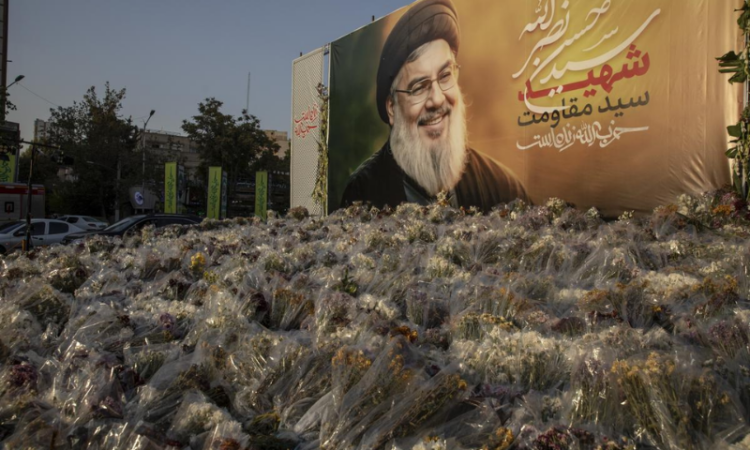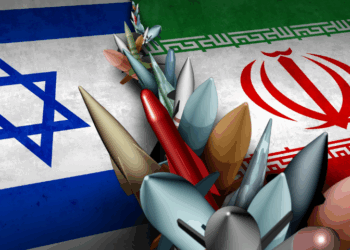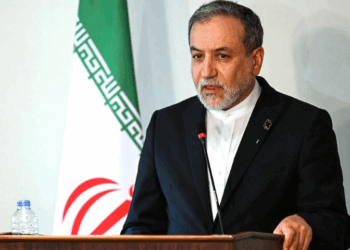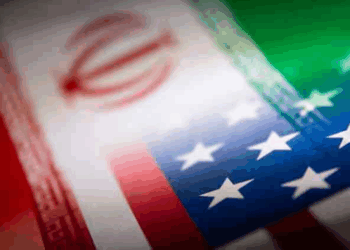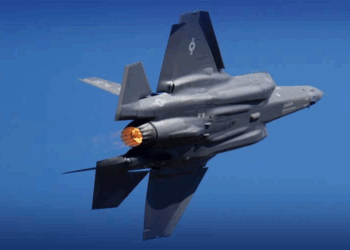Beirut, February 21, 2025: Lebanon’s Hezbollah will hold a mass funeral on Sunday for its former leader, Hassan Nasrallah, nearly five months after he was killed in an Israeli airstrike. The event is seen as a show of political strength following the group’s significant losses in last year’s war.
Nasrallah was killed on September 27, 2024, in an Israeli airstrike while meeting commanders in a bunker in Beirut’s southern suburbs. His death was a major blow in the early stages of Israel’s offensive, which has since left the Iran-backed group significantly weakened.
A revered figure among Hezbollah supporters, Nasrallah led the Shi’ite militant group for decades, expanding its military influence across the region. His funeral will also honor Hashem Safieddine, who briefly led Hezbollah before being killed in another Israeli strike. Safieddine will be buried separately in southern Lebanon on Monday.
“The funeral is a strategic statement,” said Mohanad Hage Ali of the Carnegie Middle East Center. “A mass gathering of hundreds of thousands signals that Hezbollah remains the dominant Shi’ite force in Lebanon.”
The conflict has taken a heavy toll on Hezbollah, with thousands of its fighters killed and widespread destruction in its strongholds. The group’s losses have been further compounded by the fall of its ally, Syrian President Bashar al-Assad, which disrupted its supply routes to Iran. Hezbollah’s diminished influence is also reflected in Lebanese politics, where it has struggled to assert control over the formation of a new government.
Hezbollah-affiliated cleric Sheikh Sadeq al-Nabulsi acknowledged that adversaries believed the group had been defeated but described the funeral as a message of resilience. “This will be a battle to reaffirm Hezbollah’s presence,” he said.
The funeral will take place at Camille Chamoun Sports City Stadium on the outskirts of Beirut’s Hezbollah-controlled southern suburbs. Nasrallah will then be laid to rest at a dedicated site nearby.
Dignitaries attending the ceremony include Iranian Foreign Minister Abbas Araqchi and several leaders of Iraqi Shi’ite militias. Iraqi Airways has even added extra flights to Beirut to accommodate the surge of travelers from Iraq.
Nasrallah’s death was a major setback for Iran, which helped establish Hezbollah through its Revolutionary Guards in 1982. While supporters view him as a defiant leader against Israel and the United States, his opponents regard him as the head of a militant organization acting as Iran’s proxy in the region.
Following his death, Nasrallah was temporarily buried next to his son, Hadi, who died fighting for Hezbollah in 1997. His official funeral was postponed to align with the withdrawal of Israeli forces from southern Lebanon under a U.S.-brokered ceasefire that ended last year’s war. Though Israel has largely withdrawn, its forces still hold strategic hilltop positions Hezbollah had long sought to reclaim.
The latest conflict erupted on October 8, 2023, when Hezbollah launched attacks in support of its Palestinian ally, Hamas, following the outbreak of war in Gaza.Bottom of Form


